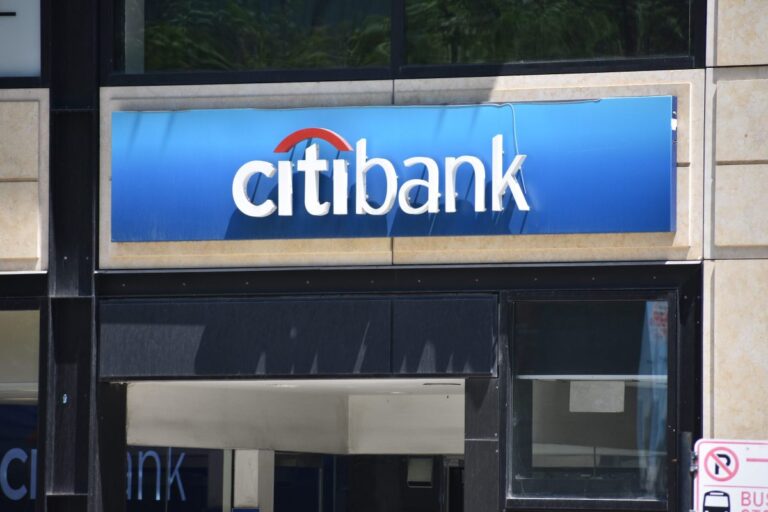Unveiling the Silence: Why Venture Capitalists Ghost Founders and Reject Deals Without Feedback
Experiencing ghosting in the investment world can be frustrating for founders seeking capital. Much like dating, the lack of response from a venture capitalist (VC) can leave you wondering, “Did I do something wrong?” Understanding why VCs sometimes vanish after initial interest is crucial for entrepreneurs navigating this challenging landscape.
Understanding VC Ghosting: The Reasons Behind the Silence
Ghosting is a clear signal of disinterest. If a VC were genuinely interested in investing, they would typically respond to a cold call or follow up after a pitch. Several factors contribute to this phenomenon, as highlighted by VCs in discussions with TechCrunch.
The Value of Time for VCs
Time is a limited resource for VCs. According to Mercedes Bent, a partner at Lightspeed Venture Partners, in a viral LinkedIn post, VCs prioritize their time on founders and startups they perceive as having potential. She notes:
- Writing a thoughtful rejection can be time-consuming.
- With the investing environment evolving rapidly, decisions are made faster, leaving less time for responses.
- The VC industry has grown significantly, leading to a focus on volume rather than personal engagement.
Challenges in Managing Influx of Pitches
Many VCs receive a high volume of pitches, making it easy for communications to slip through the cracks. Sheel Mohnot, co-founder of Better Tomorrow Ventures, emphasizes that ghosting is often not personal but a result of overwhelming workloads. For example:
- During busy periods, like fundraising weeks or major events, responses may be delayed or ignored.
- Eric Bahn, co-founder of Hustle Fund, has implemented automated responses to manage the influx of approximately 30 pitches daily.
What Leads to Rejection? Red Flags to Avoid
Several behaviors can lead to rejection from VCs. Here are some key red flags that founders should be aware of:
Lack of Self-Awareness
Founders should be prepared to discuss potential risks to their business. Bahn mentions:
- Many founders fail to acknowledge competition or existential threats, which is a significant concern for investors.
- Understanding risks and having mitigation strategies is crucial for building investor confidence.
Unrealistic Expectations and Poor Team Dynamics
Founders who claim their startup has no competitors or who present overly optimistic financial projections may raise suspicions. Mohnot points out that:
- Lack of complementary skills among team members can indicate potential collaboration issues.
- Overemphasis on fundraising rather than building a sustainable business is a significant turnoff.
Unprofessional Behavior and Dishonesty
Unprofessional conduct can quickly end conversations with VCs. Founders should maintain respect and professionalism, as negative behavior can lead to permanent damage to relationships. Bahn reinforces this by stating:
- Any form of racist or sexist remarks will immediately disqualify a founder from consideration.
- Dishonesty, whether through exaggerations or lack of transparency, is a major red flag.
The Importance of Communication
Lastly, all VCs agree on the necessity of providing respectful communication, even in rejection. Bent emphasizes that while ghosting is prevalent, treating others as you wish to be treated is a fundamental rule in the investment world.
In conclusion, understanding the reasons behind VC ghosting can equip founders with the knowledge to navigate their pitches more effectively. By avoiding common pitfalls and maintaining professionalism, entrepreneurs can foster better relationships with potential investors. For more insights into fundraising and investment strategies, explore our related articles on fundraising tips and investment strategies.







